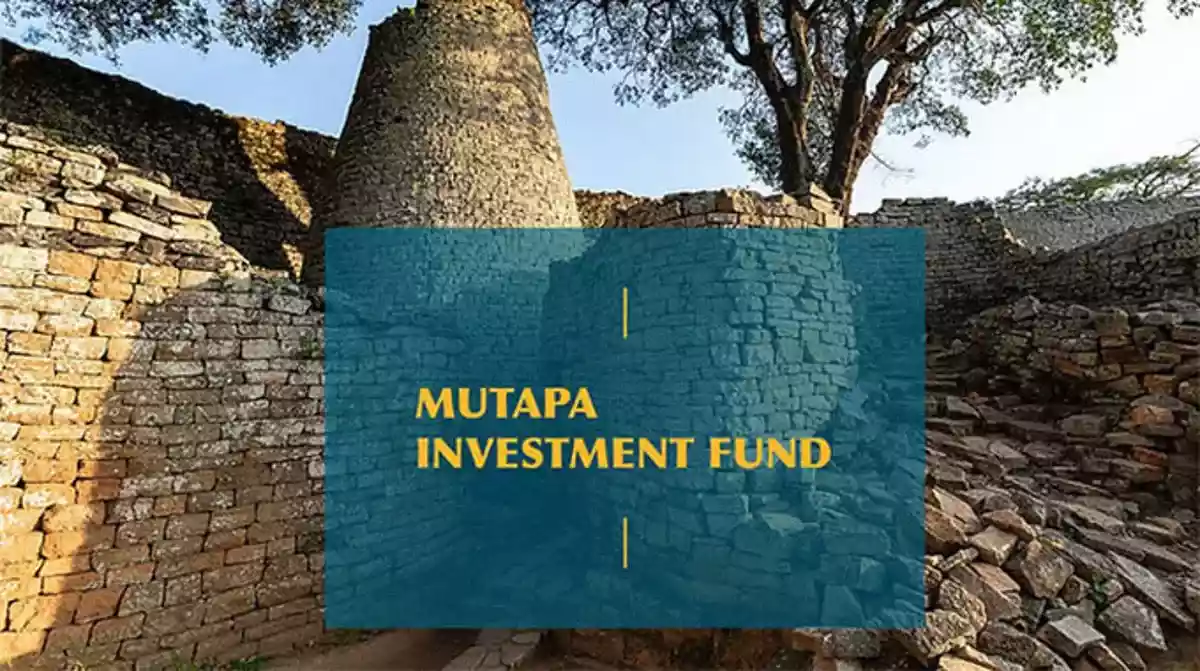
IN 2015, Zimbabwe established a Sovereign Wealth Fund (SWF) through an Act of Parliament.
Subsequent to that, in 2023 through Statutory Instrument 156 0f 2023, the SWF was renamed the Mutapa Investment Fund (MIF).
The fund has four objectives which include:
- To make secure investments for the benefit and enjoyment of future generations of Zimbabweans.
- To support the developmental objectives of government including its long-term economic and social development.
- To support fiscal or macro-economic stabilisation, to supplement the revenues of Zimbabwe when these are prejudiced by the fluctuation of prices of those minerals on which royalties and taxes are collected for the benefit of the Consolidated Revenue Fund.
- To contribute to Zimbabwe revenues from the net returns of its investments.
Government then proceeded to transfer to MIF shares of selected State-owned enterprises (SoEs) in a bid to improve governance, viability and efficiency including the potential to recapitalise them.
John Mangudya, former governor of Reserve Bank, has been tasked to head the MIF as its chief executive officer.
It is a fact that there has been a lot of suspicion and scepticism towards MIF given the history of lack of transparency and widespread abuse of SoE resources, particularly regarding patronage, corruption and abuse by ministers under whose control SoEs fell.
Added to this was utter shock and dismay with regard to the powers MIF was given with regard to any transactions that it may consider and lack of oversight on its activities by Parliament.
Without adequate transparency and accountability, SWFs worldwide have been abused by the political class at the expense of national development and of course, future generations.
- Piggy's Trading Investing Tips: De-risking mining projects
- Watchdog allays backlash fears after royalty hike
- Will Zimbabwe’s Sovereign Wealth Fund accelerate development?
- Mnangagwa renames Sovereign Wealth Fund of Zimbabwe
Keep Reading
Having said that, the appointment of Mangudya has been viewed in some quarters as important given his integrity and abilities, albeit the challenges he may have faced as RBZ governor.
There is no doubt that Mangudya has a clear grasp of the political economics of this country having been at the helm of the RBZ for 10 years and one expects him to be able to deal with political issues to ensure that ultimately, the MIF achieves its stated objectives. It will not be easy!
The key issue for me is whether MIF will be able to invest for the benefit of future generations, preserve value and investment in areas, projects or sectors which stimulate long-term socio-economic development.
The three key characteristics of successfully managed SWFs worldwide include:
Institutional structure: There needs to be a clear division of responsibilities between the Legislature, President, the fund manager, the operational managers and external managers to help the fund meet its objectives and prevent corruption.
Transparency: Disclosure requirements need to be legislated.
Oversight bodies like Parliament and the media cannot do their jobs unless there is adequate and verifiable information.
Investment risk limitations: SWFs hold public assets to improve macroeconomic management or for safekeeping for future generations.
As such, governments should not be allowed to gamble with these funds and their asset portfolios should reflect their purpose.
This, of course, sounds very doable, but we have already seen some media reports on lack of transparency and information with regard to some transactions undertaken by MIF.
The media has a very important role to play here and it is critical that whatever is reported is factual and well researched.
Accountability Lab Zimbabwe issued an insightful policy note with regards to “ improving transparency and democratising” of MIF and the key issue it found is lack of transparency and adequate information for third parties to be able to assess and also fully understand the activities of MIF to date.
That remains a challenge.
In my opinion, the fundamental questions we must answer is: What Zimbabwe do we want to see in 30 to 50 years’ time?
What socioeconomic legacy do we want our future generations to enjoy?
Zimbabwe is endowed with numerous natural and mineral resources and our responsibility is to unlock these resources and create a developed economy which is inclusive and ultimately improves the quality of life for all.
My view is that we must build quality infrastructure, especially public utilities and aggressively industrialise the economy at provincial level.
We need to spread development and include the millions of our citizens everywhere in access to good education and health facilities, gainful employment and entrepreneurship while providing reasonable social services to all especially the poor.
I have written before of the need to reindustrialise and develop our provincial economies based on their factor endowments and MIF is a good platform to drive such efforts.
MIF, in my view, must be managed as the “people’s national development fund”, which is efficiently managed to invest in the future of our country.
Underlying its management must be integrity, ethical investment practice, accountability, transparency and more importantly a visionary leadership which looks at socio-economic benefits for all Zimbabweans beyond our lifetime.
- Vince Musewe is an economist and you can contact him on [email protected]







